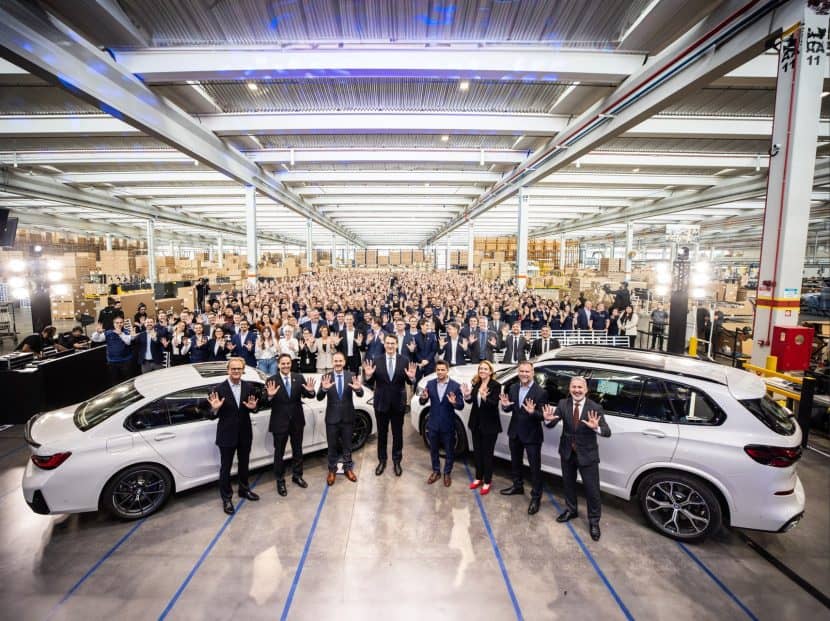
The Dodge Charger EV promises strong performance numbers, and it’s one of the only electric models on sale with a shouty fake exhaust system. It might also become one of the earlier vehicles available with a solid-state battery system, as Dodge's parent company, Stellantis, recently said it could begin testing solid-state battery-equipped Charger EVs on public roads as soon as 2026.

The batteries will come from Massachusetts company Factorial, which has been working on the technology for much of the last ten years. Mercedes-Benz is also working with Factorial and reported that it expects to have the batteries in production by 2030.
Solid-state batteries have a much higher energy density than today’s lithium-ion batteries, and the lack of a liquid electrolyte makes them lighter and safer than traditional components. They’re also lighter than other battery types, which will improve performance and range for EVs equipped with them.

Solid-state batteries have been around for a while, but scaling production to the level required to support a mass-market EV is difficult and expensive, which is why we don’t see vehicles carrying them on the streets today. We’ve heard solid-state promises before, and changes in EV demand have led to more cautious approaches by automakers, making the actual timing of the batteries’ market release anyone’s guess.
[Images: Dodge]
Become a TTAC insider. Get the latest news, features, TTAC takes, and everything else that gets to the truth about cars first by subscribing to our newsletter.
Source: The Truth About Cars

